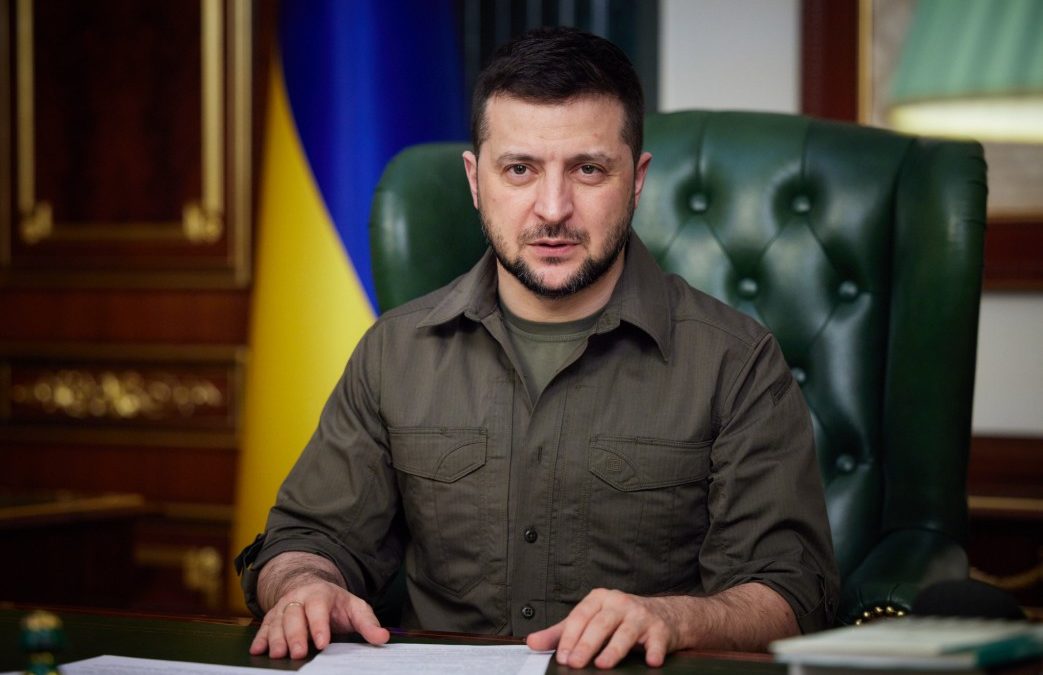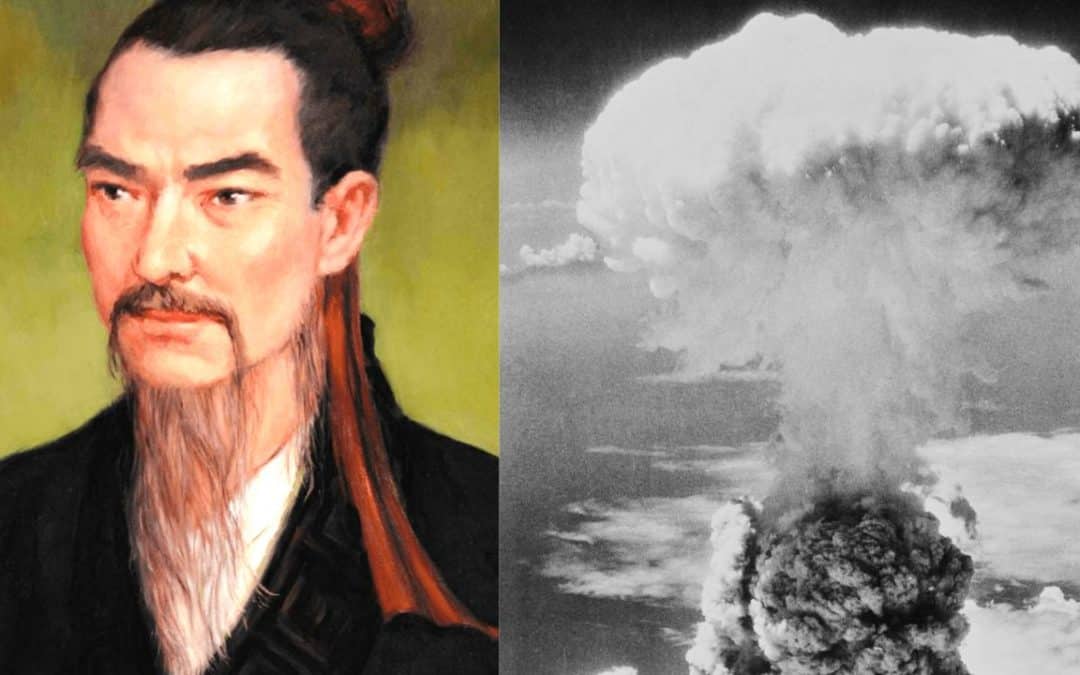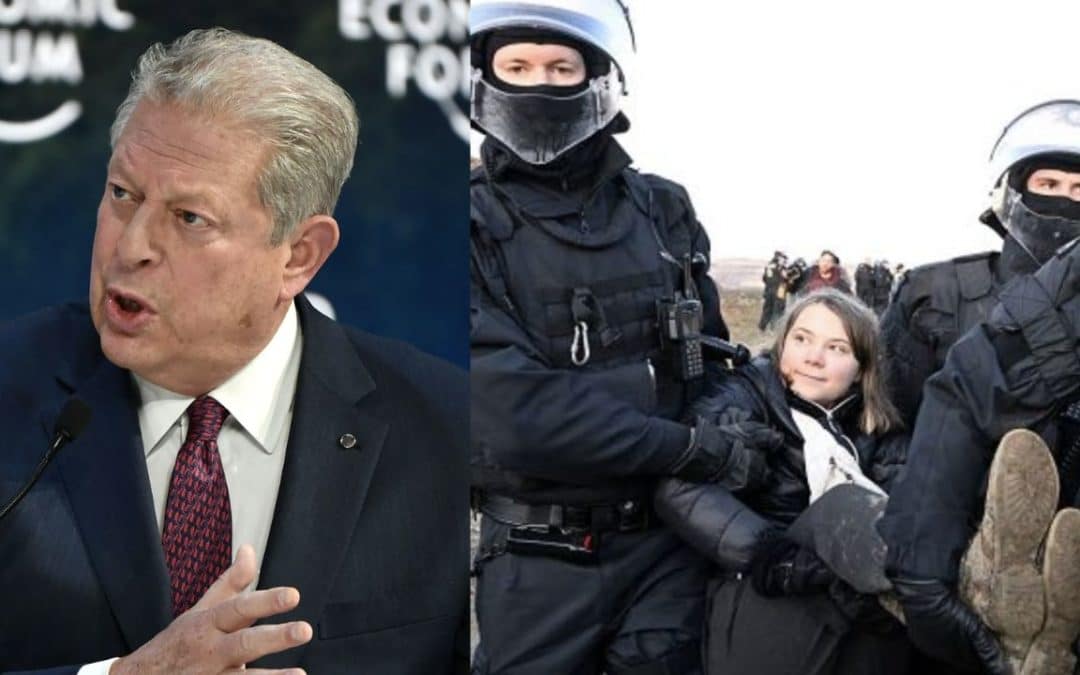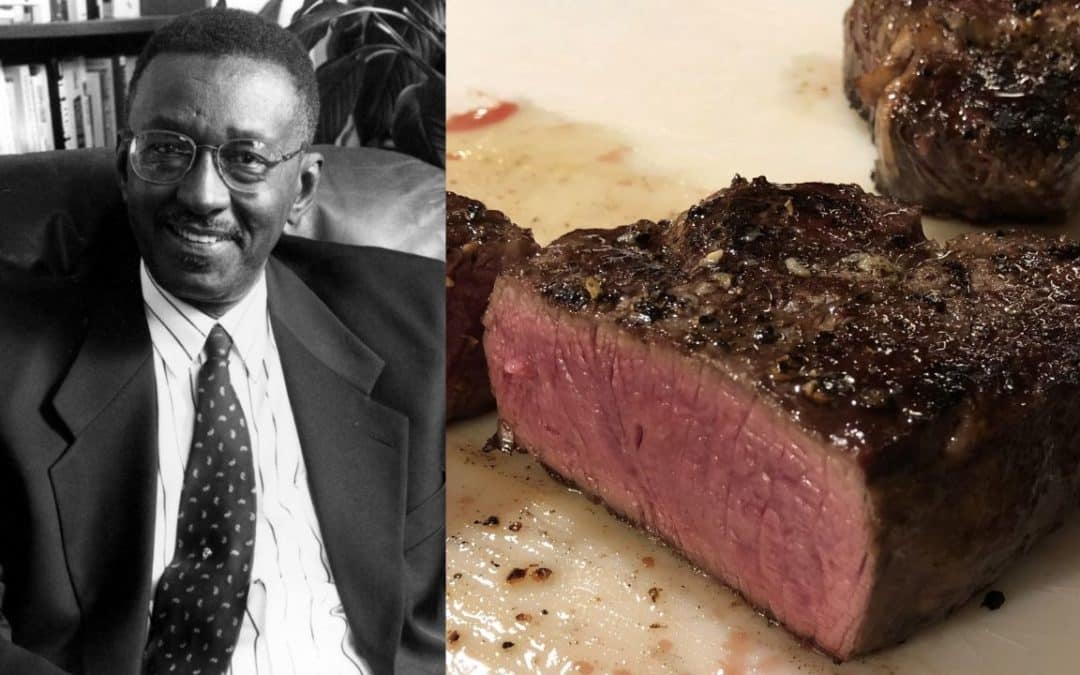On November 15th, the Associated Press reported that “A senior U.S. intelligence official says Russian missiles crossed into NATO member Poland, killing two people”. Since Poland is a member of the North American Treaty Organization, that would mean that America along with its allies in NATO are effectively at war with Russia.
President Zelenskyy parroted this lie by saying “Hitting NATO territory with missiles. … This is a Russian missile attack on collective security! This is a really significant escalation. Action is needed,” according to The Hill.
All this turned out to be a hoax which like the first two world wars could have cost millions of innocent lives:
Defense Sec. Lloyd Austin on Poland: “This preliminary assessment was that this was most likely—most likely— a result of Ukrainian air defense missile.” pic.twitter.com/tVmW5exr8q
— Washington Free Beacon (@FreeBeacon) November 16, 2022
















